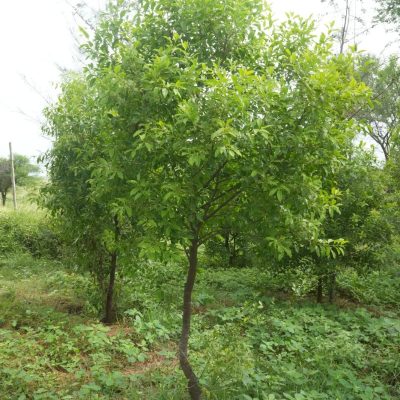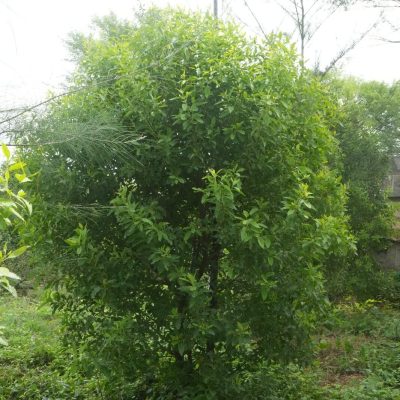
In a world of dynamic investment opportunities, there’s something timeless and secure about agricultural assets, especially when they’re tied to high-value crops like sandalwood. Sandalwood, often called “green gold,” has gained a reputation as one of the most lucrative agricultural investments. For centuries, it’s been valued for its distinct fragrance, essential oils, and medicinal properties. But beyond its age-old allure, sandalwood cultivation today represents a sustainable, high-return investment with substantial growth potential. At Utopiaa Managed Farmland, we see sandalwood farming as an ideal path for those seeking to invest in a future that’s both profitable and environmentally conscious.
In this blog, we’ll explore the key benefits of investing in sandalwood, from its economic advantages to the environmental impact of this sustainable crop, and why managed farmland might just be the ideal platform to make your investment.
Sandalwood is highly sought-after in a range of industries, including fragrances, pharmaceuticals, and natural wellness products. Its essential oil is prized for its therapeutic properties, particularly in aromatherapy, skincare, and even traditional medicine. As the demand for high-quality, organic, and natural products has surged globally, so too has the demand for sandalwood, creating an opportunity for growers to achieve strong market positioning and high returns.
Additionally, the limited global supply has only driven prices higher. Traditional sources of sandalwood, such as India and Australia, now face restrictions, creating a premium market that’s expected to remain robust. Investing in sandalwood now places investors at the forefront of this consistently valuable market, securing a stable income flow over time.

Unlike many other agricultural crops, sandalwood has a lengthy growth cycle, typically around 15 to 20 years. While this may seem extended, it’s this very characteristic that lends sandalwood its stability as a long-term investment. Here are a few unique benefits of investing in sandalwood:
At Utopiaa, we understand the intricate needs of growing sandalwood and have crafted a model that combines sustainable, eco-friendly farming practices with modern farming technology. Managed farmland allows you to invest in sandalwood without the need for day-to-day oversight. Here’s how we do it:
By choosing a managed farmland approach, you’re essentially combining the benefits of traditional farmland with a hands-off, eco-friendly model that can meet modern investment expectations.
Sandalwood offers both substantial and sustainable returns. Here’s how it stands out for long-term investors:
By choosing a managed farmland approach, you’re essentially combining the benefits of traditional farmland with a hands-off, eco-friendly model that can meet modern investment expectations.
Sandalwood cultivation not only contributes to economic growth but also supports environmental sustainability. This eco-friendly farming approach aligns with Utopiaa’s values of promoting harmony between profitability and nature. Here are a few ways that sandalwood farming contributes to sustainability:
Investing in sandalwood through managed farmland is a step toward supporting eco-friendly, sustainable farming practices while creating long-term economic value.
Utopiaa’s managed farmland model is designed to take the guesswork out of sandalwood farming. When you partner with us, you’re not just investing in sandalwood—you’re joining a community committed to sustainability, transparency, and excellence.
While sandalwood cultivation offers numerous benefits, there are a few key considerations to keep in mind:
By understanding these factors, investors can make well-informed decisions that align with their financial goals and expectations.
Investing in sandalwood cultivation through Utopiaa Managed Farmland offers a unique blend of high-value returns, sustainability, and low-maintenance growth potential. It’s a chance to diversify your portfolio with an asset that’s not only lucrative but also helps contribute to the preservation and health of our environment.